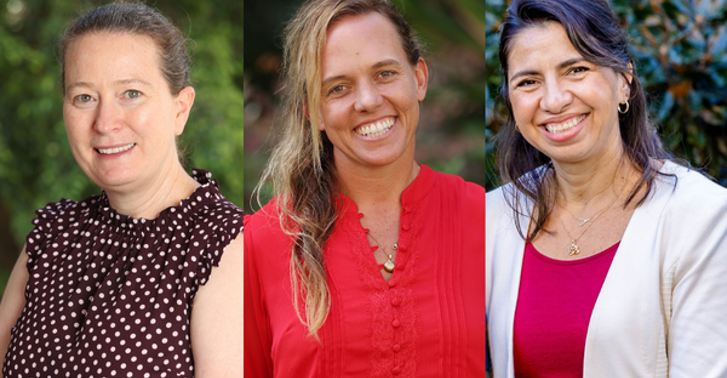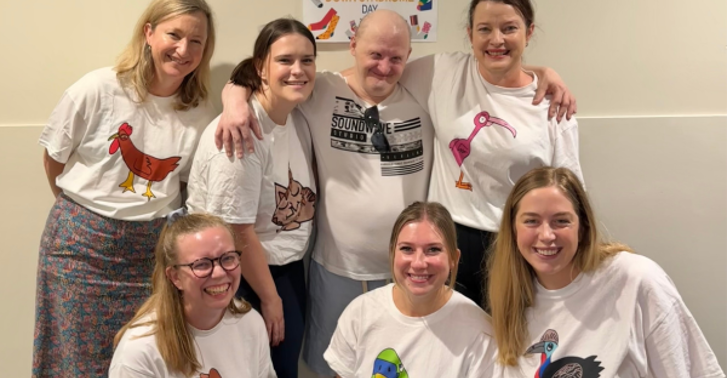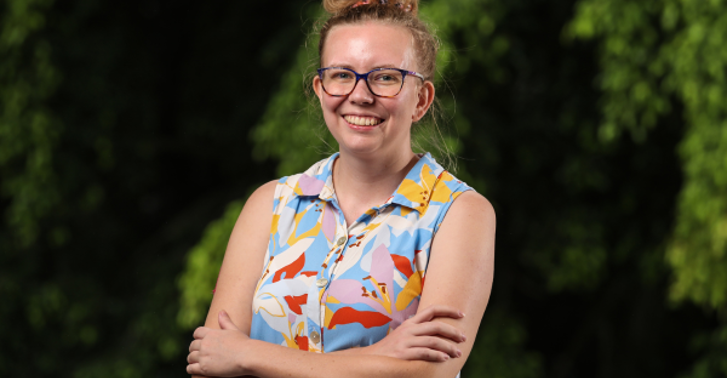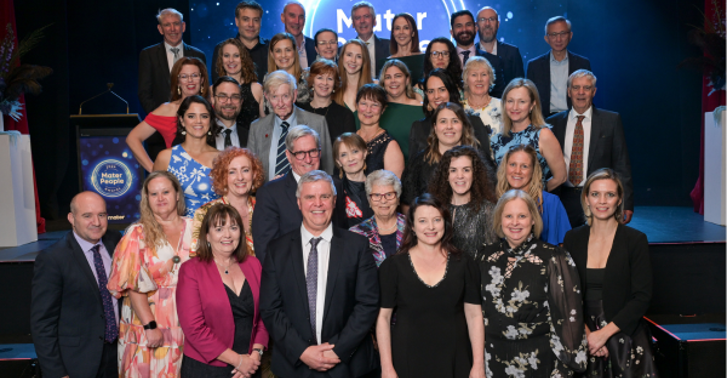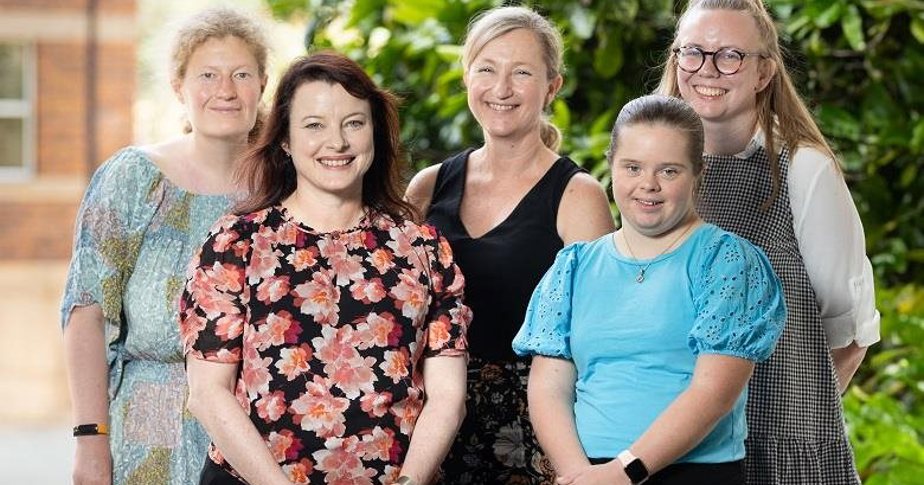
Mater Research is breaking down health barriers for people with intellectual disability and those on the autism spectrum thanks to a new training program for frontline healthcare workers.
More than 80 per cent of healthcare professionals who have completed the Enhancing Access to Services for Your Health (EASY-Health) online education course said it had positively changed the way they consider patients with intellectual disability and those on the autism spectrum.
People with intellectual disability and those on the autism spectrum often suffer anxiety attending healthcare settings such as hospitals or GP clinics, and fear they will not be taken seriously or understood by health professionals.
People with intellectual disabilities die on average of 26 years earlier than the general population and often die from preventable causes. Those on the autism spectrum also die sooner.
EASY-Health was developed by Dr Cathy Franklin and the team of the Mater Intellectual Disability and Autism Service (MIDAS) and codesigned with people with intellectual disability, those on the autism spectrum and their supporters to address the problems these groups face when accessing healthcare.
Of the 700 health professionals who have so far completed EASY-Health modules, 78 per cent said it had changed the way they work with people with intellectual disability and people on the autism spectrum, and 41 per cent said it had increased their confidence in being able to support the needs of patients.
“We know that healthcare professionals often feel ill-equipped and lack confidence as they receive very little training on how to meet the needs of people with disabilities or those on the autism spectrum,” said Dr Franklin, Director of MIDAS.
“This is why it was incredibly important for us to involve, include, and listen to, people with intellectual disability and those on the autism spectrum to tell us exactly what it was that health professionals needed to know – and we could only do that through lived experience.”
Initially run as a pilot study at Mater Hospital Brisbane, Wide Bay Mental Health Service, Prince Charles Mental Health Service (Brisbane) and Endeavour Foundation Toowoomba, MIDAS is now looking forward to extending the reach of EASY-Health by engaging with hospital and healthcare services across Australia.
The study was funded by the Australian Government Department of Social Services and conducted in collaboration with the Queenslanders with Disability Network (QDN).
Federal Minister for Social Services, Amanda Rishworth said this program aligns with one of the key priorities of Australia’s Disability Strategy, for the health workforce to respond confidently and positively to people with disability.
“We want to have the best healthcare system in the world and a key part of this is making sure that everyone gets the best healthcare – no matter what their circumstance.
“The training provided through this program shows that with the right help and a few small adjustments, health professionals can better meet the needs of their patients."
The online education incorporates real-world scenarios performed by members of indelabilityarts, an inclusive theatre company for artists and community members who identify with lived experience of intellectual disability or being on the autism spectrum.
“We were so privileged to partner with indelabilityarts and to work with talented artists who could share their own perspectives and experiences and demonstrate best practice,” said Dr Franklin.
“Our education has been so well-received because participants have learnt from and been taught by people with intellectual disability and autistic people. “Seeing scenarios first-hand through lived experience has helped generate greater awareness and change perspectives.”
